31 US senators ask E3 to prevent expiry of UN’s anti-Iran missile bans
A bipartisan group of US senators have asked the United Kingdom, France and Germany to take action to prevent the expiration of UN bans targeting Iran’s missile and drone activities, which are set to end next month.
The letter, signed by 31 lawmakers from both the Democratic and Republican parties, praised the E3 for their recent announcement of plans to unilaterally maintain their sanctions on Iran’s missile program, but said that UN action is necessary to maintain proper safeguards on Iran.
“Without the force of a binding UN Security Council resolution, there is no multilateral framework that mandates international sanctions on Iran’s missile and drone program,” the senators wrote, according to a report by pro-Israel publication Jewish Insider.
The US senators claimed that letting the bans expire poses a threat to “stability and security in the Middle East and beyond”, as it allows further proliferation of advanced weaponry and empowers “malign actors” in the Middle East and Europe.
The letter said the expiration of the bans also sends the wrong signal to Iran, claiming that it would allow Iran to continue what they called "its destabilizing policies across a number of areas.”
The letter was organized by Bob Menendez, who has been indicted on bribery charges, and Bill Hagerty. It was sent to the three European countries’ ambassadors to the US on Friday.
As part of the 2015 nuclear deal, the UN sanctions on Iran’s missile and drone programs will expire in mid-October.
Earlier this month, the three European countries said they plan not to terminate their anti-Iran sanctions, arguing that Iran has been in non-compliance with the deal since 2019.
Iran halted some of its JCPOA commitments in 2019, a year after the US unilaterally walked out of the deal and after the EU failed to offer any compensation for the US withdrawal.
Iran said at the time the reduction of its commitments was in accordance with the deal, which allows parties to dishonor commitments should other parties do the same.
The three European countries, which are still among parties to the deal after the US withdrawal in 2018, have been urged by some critics to trigger the deal’s so-called snapback mechanism to prevent the expiration of the sanctions.
That mechanism, which can be activated in case of “significant non-performance” of Iran’s commitments under the accord, involves the re-imposition of the terminated Security Council sanctions from earlier resolutions on Iran.
European diplomats have already said they would do that only if Iran enriched to very high-grade levels.
Civilizations must unite against unilateralism, warmongering: Iran’s deputy FM
China expands use of Iranian rail corridor for cargo transit
Ukraine’s Zelensky says open to dropping NATO bid for security guarantees
Israel kills 3 in south Lebanon as it threatens ‘wide-scale’ attack
VIDEO | Iran’s mega solar plant to power 2.5 million homes
Hamas warns against Israel's plans to 're-engineer' Gaza
VIDEO | South Koreans join migrants in Seoul to protest on Migrant Workers' Day
VIDEO | Press TV's news headlines



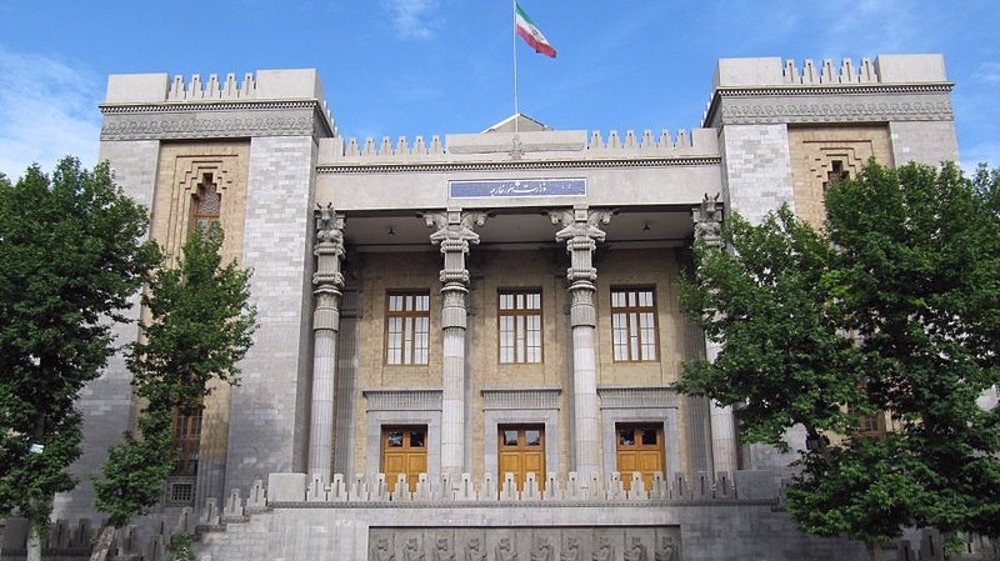
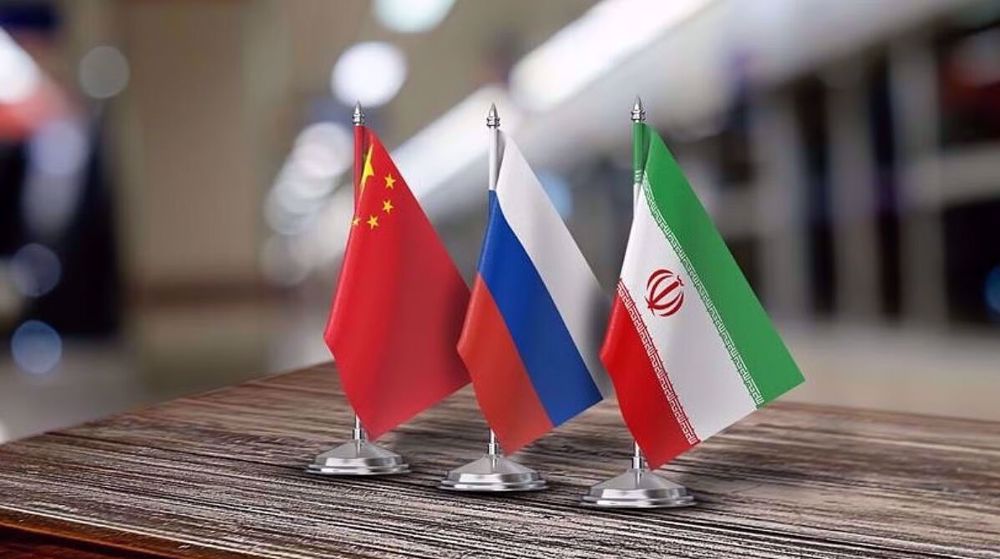
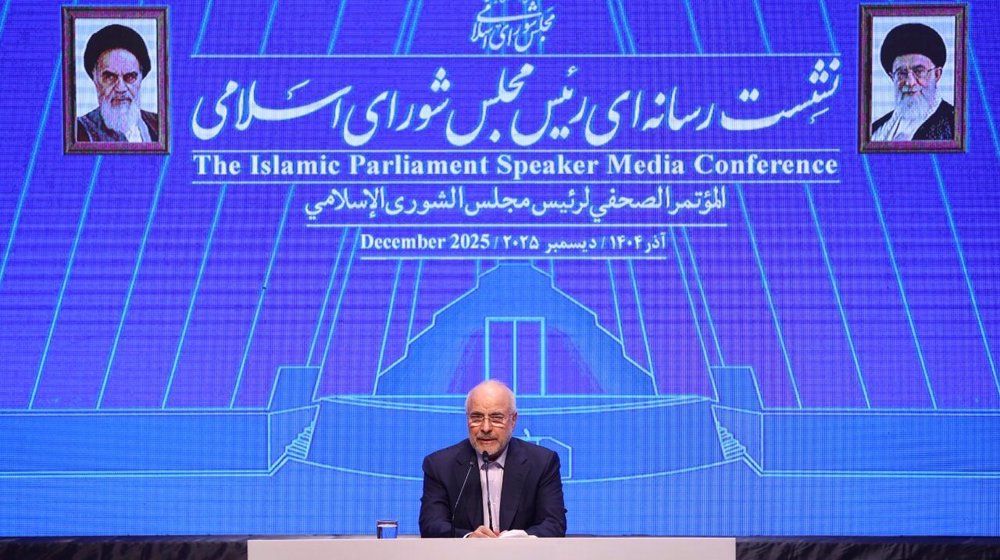
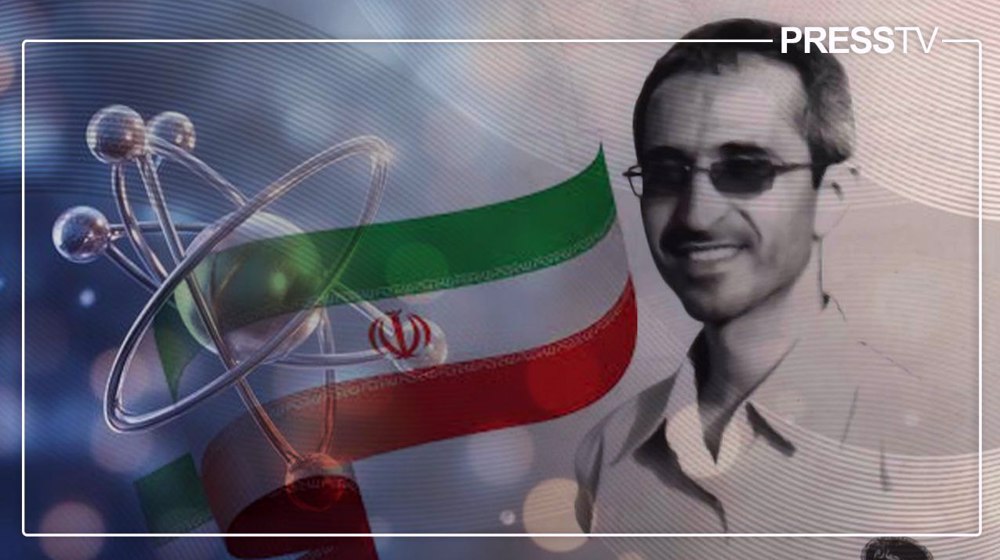



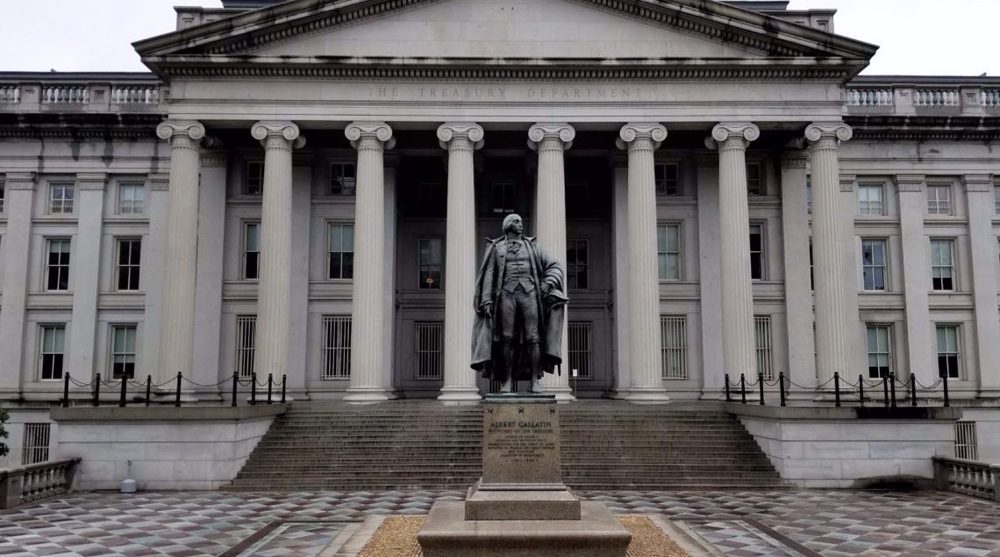
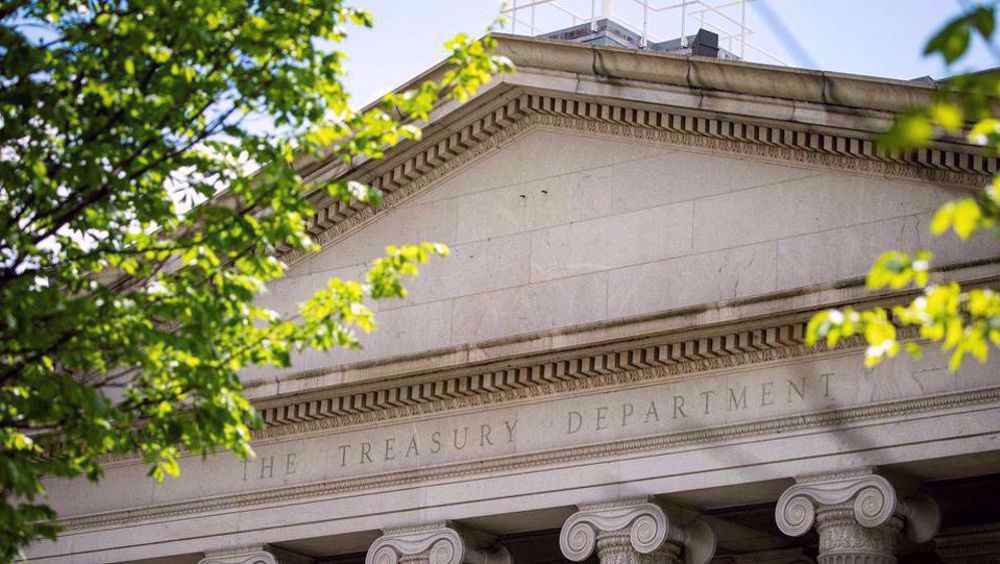


 This makes it easy to access the Press TV website
This makes it easy to access the Press TV website